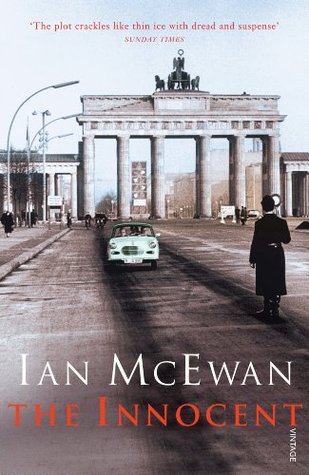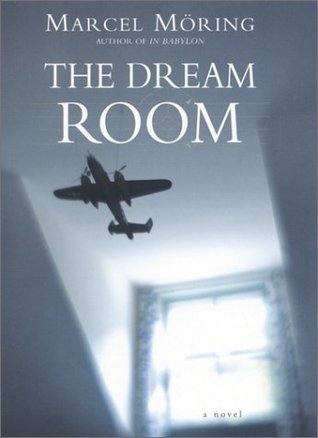
The Assault
Book Description
A single night shatters lives forever. When a brutal murder erupts on a quiet street, the aftermath spirals into a haunting quest for truth and redemption. Amidst the chaos, young Anton discovers how one fateful moment can ripple through time, entwining family secrets, guilt, and the moral dilemmas of war. Each character grapples with their own haunting memories, revealing the darkness that festers beneath the surface. As Anton searches for answers, the line between victim and perpetrator blurs. Can the past ever really be buried? Or will the ghosts of that night rise to claim their due?
Quick Book Summary
"The Assault" by Harry Mulisch is a profound exploration of how a single, violent event can transform the course of a life and the collective memory of a nation. Set against the backdrop of Nazi-occupied Holland, the novel follows Anton Steenwijk, whose family is destroyed when collaborators are assassinated outside their home. Through a series of reunions and revelations spanning decades, Anton seeks understanding and closure. The narrative unravels not only the personal cost of trauma and survivor’s guilt but also examines how history is shaped by individual perspectives. Mulisch blends personal loss with historical reckoning, creating a work that challenges readers to confront the lingering impact of war on identity, morality, and memory.
Summary of Key Ideas
Table of Contents
The Lingering Effects of Trauma
After the seemingly random murder of a Nazi collaborator on his quiet Amsterdam street during World War II, twelve-year-old Anton Steenwijk’s life is ripped apart. His home becomes the epicenter of chaos as reprisal is swift and merciless; his parents and brother are killed, and Anton is left to face the aftermath alone. This traumatic incident becomes a specter that haunts him throughout his life, shaping his relationships, worldview, and inner self.
Moral Ambiguity in Times of War
As Anton matures into adulthood, the events of that fateful night refuse to fade. Over the decades, sporadic encounters with individuals connected to the assault slowly peel back layers of buried truths. Each meeting reveals new facets about the motivations and circumstances of those involved, including the neighbors who shifted the body and by doing so, sealed the family’s fate. Through these interactions, Anton confronts the complexities of guilt, complicity, and redemption in a society still reeling from wartime atrocities.
Memory and the Search for Truth
The novel delves deeply into the moral ambiguity present in times of war. Mulisch masterfully avoids clear distinctions between heroes and villains, portraying characters trapped by circumstance, fear, and instinct. The shifting narrative perspectives challenge assumptions and expose the difficulties in judging actions removed from their original context. Anton’s attempt to grasp what truly happened is complicated by the subjective nature of memory and the tendency of individuals to rationalize past deeds.
Collective and Personal Guilt
Memory becomes a battlefield as Anton struggles with fragmented recollections and the conflicting accounts of others. The search for truth is laborious and colored by emotion, regret, and the inexorable passage of time. Mulisch uses Anton’s quest to reflect on the broader process of historical reckoning: the personal, sometimes painful, pursuit to make sense of collective trauma.
The Unraveling of Historical Perspective
Ultimately, "The Assault" is a meditation on the burden of history, both personal and communal. Its characters are shaped—and in some cases destroyed—by what they did, failed to do, or could not prevent. The novel questions whether it is possible to ever fully understand or atone for the past. Through the story of Anton, Mulisch invites readers to reflect upon the lasting scars of war, the elusive nature of truth, and the enduring human yearning for meaning and reconciliation.
Download This Summary
Get a free PDF of this summary instantly — no email required.





